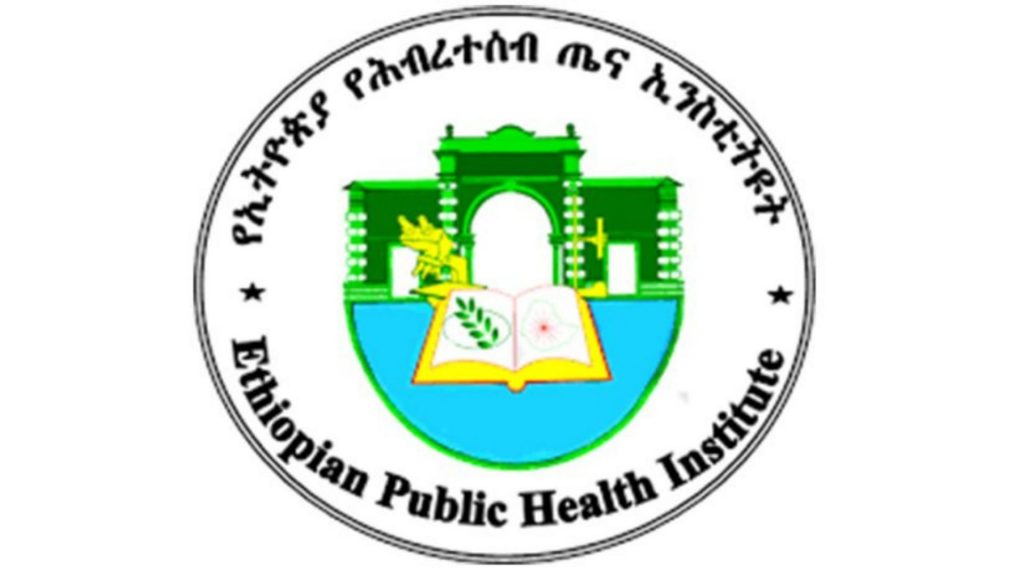 Addis Ababa, March 16, 2021 (Walta) – The Ethiopian Public Health Institute said that the new Food-Based Dietary Guidelines (FBDGs) targeting curbing malnutrition will be distributed to selected areas of the country within the coming three months.
Addis Ababa, March 16, 2021 (Walta) – The Ethiopian Public Health Institute said that the new Food-Based Dietary Guidelines (FBDGs) targeting curbing malnutrition will be distributed to selected areas of the country within the coming three months.
The institute‘s Food Science Researcher Girmaye Ayana told The Ethiopian Herald that Guidelines would be distributed to Amhara, Oromia, SNNP, and Tigray states in the coming three months. Besides, the level of adjusting nutrition and additional foodstuffs provision has increased from 10 to 19 and from 71 to 83 percent respectively.
According to the researcher, the main purpose of the Guidelines is to ensure a scientific dietary system and create healthy citizens across the country. In this regard, the Sustainable Undernutrition Reduction Project Program is established to help the joint effort of the agriculture and health sectors become much more productive.
Girmaye added that close to 52 percent of children who can take additional foodstuffs have predominantly relied solely on breastfeeding; the situation shows that Ethiopia is still food problems and stunting.
Sharing the above, the institute’s nutrition researcher Dawit Alemayehu said that Ethiopia has been seriously challenged by malnutrition and stunting in Africa because of the absences of FBDGs. However, it does not mean that the absence of FBDGs is the sole problem as there are additional factors.
Lack of food accessibility, transport other related challenges hinder the effort to ensure a scientific food system and the situation leads Ethiopia to become the ninth African member of the FBDGs.
According to Dawit, currently, the institute has been working closely with 25 stakeholders to ensure a research-based dietary thereby avoiding overweight and stunting. In this respect, it enabled to a collection of 13 recommendations from different sectors which help identify the real gap to make conditions suit when FBDGs are prepared.
He further added that among the many stakeholders which have a close tie with the Institute, FAO and Wageningen University have been showing food system graphical aspects to the community whilst Ministry of Agriculture and Ethiopian Institute of Agricultural Research for helping food accessibility.